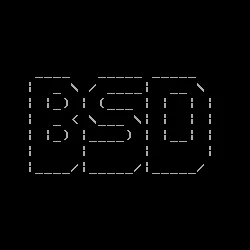FreeBSD 14.0 Released: Supports Up To 1,024 CPU Cores, OpenZFS 2.2 & Adds Fwget

After a few minor release delays, FreeBSD 14.0-RELEASE is now officially available. FreeBSD 14 is the last series for this OS project supporting 32-bit systems. FreeBSD 15 will drop support for 32-bit hardware platforms although FreeBSD 15 64-bit systems will retain support for running 32-bit binaries. That 32-bit binary compatibility is expected to be supported at least through FreeBSD 16. FreeBSD 14 also adds a new "fwget" utility for fetching firmware packages. The fwget utility initially can get firmware for Intel and AMD GPUs.
FreeBSD 14 goes on to replace sendmail with dma, OpenZFS 2.2 provides the latest ZFS file-system support, Kinst as a new DTrace provider, makefs adding ZFS support, boottrace is a new interface for capturing trace events during system boot and shutdown processes, the kernel TLS offloading handling receive-side offloading of TLS 1.3, initial WiFi 6 support in WPA, sh is now the default shell for the root user, and an updated LLVM toolchain. FreeBSD 14 on ARM64 and AMD64 now supports up to 1024 CPU cores, up from the current limit of 256 cores. FreeBSD 14 should also reboot faster, ISA sound card support was removed, and there is a new Intel QAT driver with more features and support than the prior FreeBSD QAT driver for QuickAssist Technology. Netflix also sponsored the removal of many other old drivers from FreeBSD.
FreeBSD 14.0-RELEASE is a a great step forward for getting this BSD operating system running on the latest hardware and making other improvements as we approach 2024.
More details and downloads for FreeBSD 14.0 via the announcement today on FreeBSD.org. I'll be running some FreeBSD 14.0 server performance benchmarks shortly on Phoronix.
24 Comments

